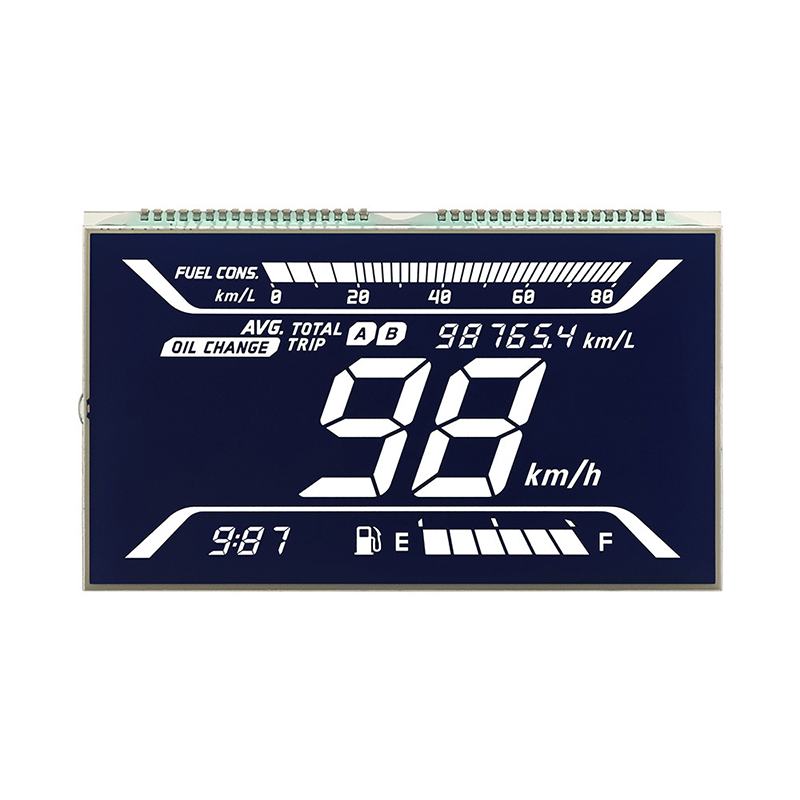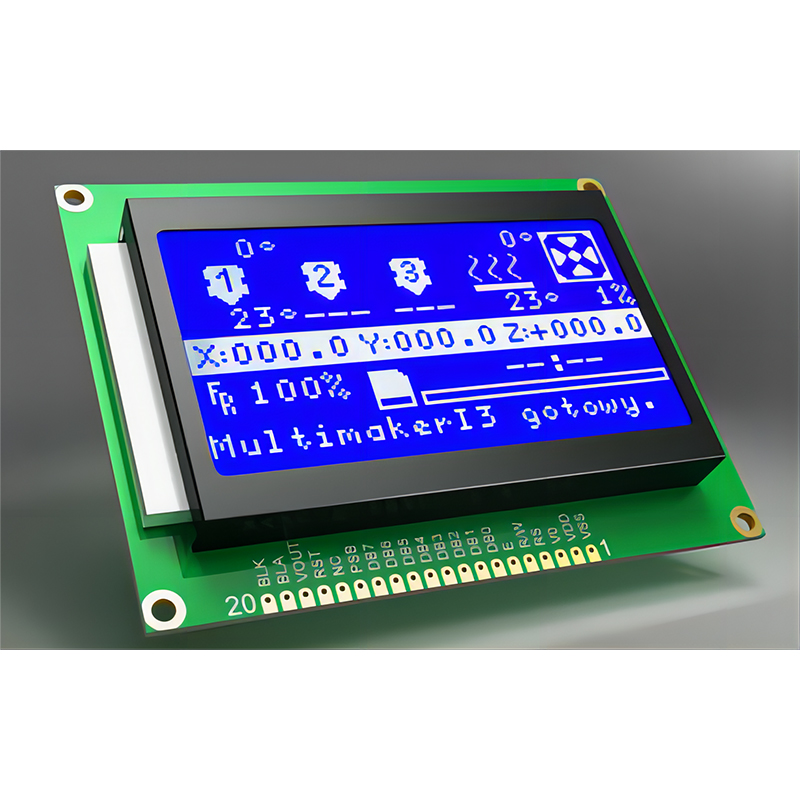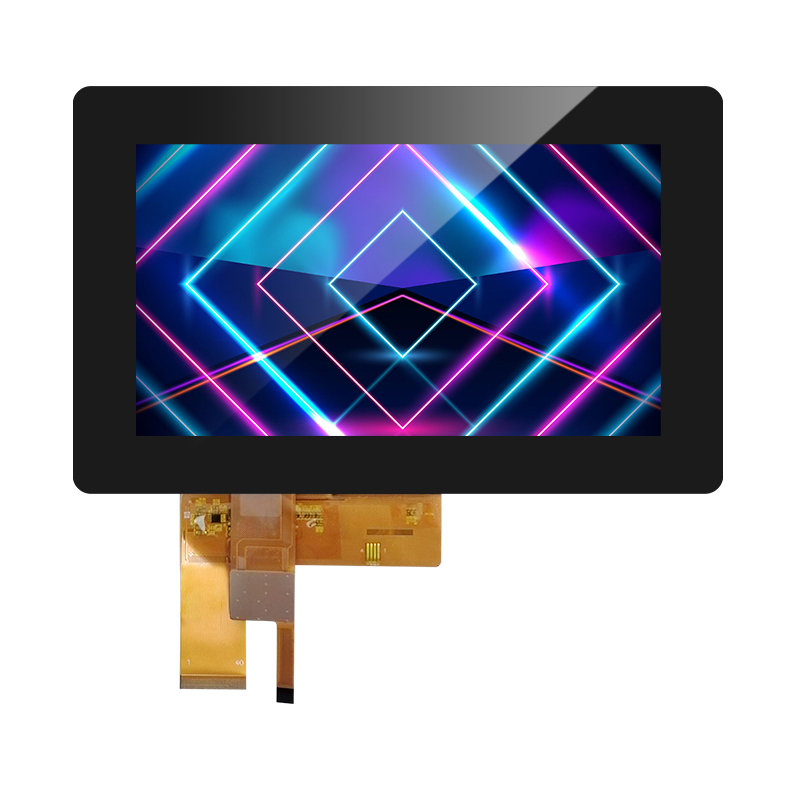
This guide explores the world of small TFT screens, covering their types, applications, advantages, disadvantages, and key considerations for selection. We delve into the technical specifications, helping you understand what to look for when choosing the right display for your project. Learn about resolution, contrast ratio, viewing angle, and more. Find out where to source high-quality small TFT screens and discover how these versatile displays are transforming various industries.
Thin-film transistor (TFT) liquid crystal displays (LCDs) are a common type of flat-panel display technology. They use transistors to control individual pixels, enabling sharper images and faster response times compared to older LCD technologies. Small TFT screens, often measuring a few inches diagonally, find applications in a wide range of devices.
Several variations exist within the small TFT screen category. These include:
Resolution (measured in pixels) and pixel density (pixels per inch or PPI) directly impact image clarity. Higher resolution and pixel density result in sharper, more detailed images on your small TFT screen. Consider the application's needs when selecting the appropriate resolution.
The contrast ratio describes the difference in brightness between the brightest white and darkest black pixels. A higher contrast ratio results in richer, more vibrant images, essential for applications needing high visual fidelity.
The viewing angle indicates how much the image quality degrades when viewed from an angle. A wider viewing angle means you can view the small TFT screen from various positions without significant image distortion.
Response time measures how quickly a pixel changes from one color to another. Faster response times reduce motion blur, which is vital for applications with moving images or video.
The backlight illuminates the LCD layer. Common types include LED and CCFL. Brightness is measured in candelas per square meter (cd/m2 or nits). Choosing the appropriate backlight and brightness depends on the usage environment (indoor vs. outdoor).
Small TFT screens are ubiquitous in various applications, including:
Selecting the ideal small TFT screen involves careful consideration of its specifications, intended application, and budget. Factors such as resolution, contrast ratio, viewing angle, response time, and backlight type should all be carefully evaluated.
Several reputable manufacturers and suppliers provide high-quality small TFT screens. For example, you can explore options from Dalian Eastern Display Co., Ltd. (https://www.ed-lcd.com/), a leading provider of LCD displays and modules. They offer a range of sizes and specifications to suit diverse requirements. Remember to thoroughly research potential suppliers before making a purchase.
Small TFT screens are versatile and crucial components in numerous applications. By understanding their different types, key specifications, and applications, you can select the right display to meet your specific needs and improve your project's functionality and user experience. Always prioritize quality and reliability when sourcing your small TFT screens.












